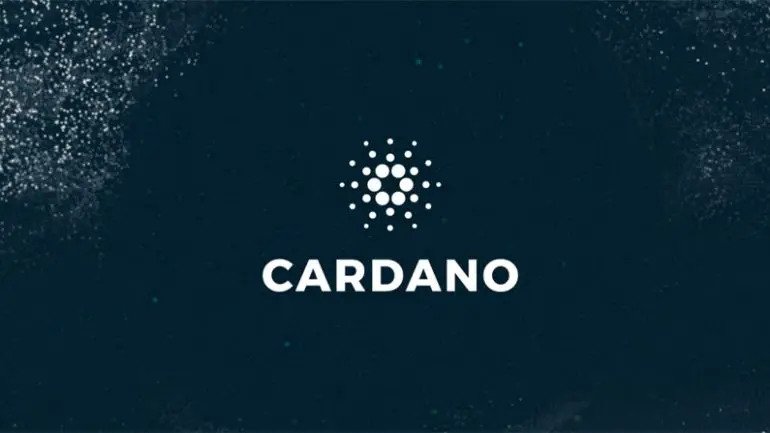Cardano, the blockchain platform, is gearing up for its next significant upgrade—Alonzo—which will introduce smart contract functionality through its native Plutus programming language. The move aims to position Cardano as a robust platform for decentralized applications (dApps) while leveraging its unique Extended Unspent Transaction Output (EUTXO) model.
Understanding the Plutus Programming Language
Smart Contracts with Plutus
Plutus, Cardano’s native programming language, is designed for building smart contracts with:
- On-Chain Components: These function directly on the blockchain.
- Off-Chain Components: These run on a user’s machine, ensuring greater efficiency.
Both components are written in Haskell, a functional programming language. Plutus compiles the code, providing a structured framework for smart contracts on Cardano.
Benefits of Plutus
- Efficiency: By processing transaction validity off-chain before recording on the blockchain.
- Cost Management: Allows users to calculate transaction execution costs off-chain, preventing unnecessary on-chain fees.
The Role of the EUTXO Model
What is EUTXO?
The Extended Unspent Transaction Output (EUTXO) model is an enhanced version of the UTXO model used by Bitcoin. It offers:
- Pre-Validation: Verifies transactions off-chain before submission to the blockchain.
- Advanced Features: Supports complex minting policies, benefiting applications like NFTs and time-locked tokens.
Comparison with Ethereum
Unlike Ethereum Layer 1, which processes all transactions on-chain, Cardano’s EUTXO model optimizes performance and reduces on-chain congestion.
Plutus Application Framework (PAF)
The Plutus Application Framework is another crucial component of Cardano’s upgrade:
- Developer-Friendly: Provides tools for developers to build and deploy dApps on the Cardano blockchain.
- Web Interoperability: Ensures full compatibility with web browsers for seamless application access.
Alonzo Upgrade: A Game Changer for Cardano
Native Tokens and Smart Contracts
Building on February’s Mary upgrade, which introduced native tokens, the Alonzo upgrade will:
- Enable users to create custom tokens.
- Expand token functionalities with enhanced minting policies.
Smart Contracts for dApps
The integration of Plutus with Alonzo will empower developers to create decentralized applications for a wide range of use cases, from finance to gaming and beyond.
Market Impact of the Alonzo Upgrade
Cardano’s native cryptocurrency, ADA, has seen substantial growth:
- Recent Performance: ADA reached an all-time high (ATH) of $1.53 on April 14, 2024.
- Current Price: At the time of writing, ADA is trading at $1.45, down 2.3% on the day.
With the upcoming Alonzo upgrade, Cardano’s ecosystem is poised for further growth, potentially driving greater adoption of ADA.
Conclusion
Cardano’s Alonzo upgrade and Plutus programming language mark a critical milestone in the platform’s evolution, positioning it as a leading blockchain for smart contracts and decentralized applications.
By leveraging its innovative EUTXO model, Cardano offers efficiency and cost management advantages over competitors like Ethereum. As the blockchain landscape continues to evolve, Cardano’s focus on scalability, functionality, and developer support could solidify its place in the rapidly expanding DeFi and dApp markets.
Stay updated on Cardano and the latest blockchain advancements by following BitcoinWorld for insights into the most innovative developments in the crypto space.
Disclaimer: The information provided is not trading advice, Bitcoinworld.co.in holds no liability for any investments made based on the information provided on this page. We strongly recommend independent research and/or consultation with a qualified professional before making any investment decisions.




